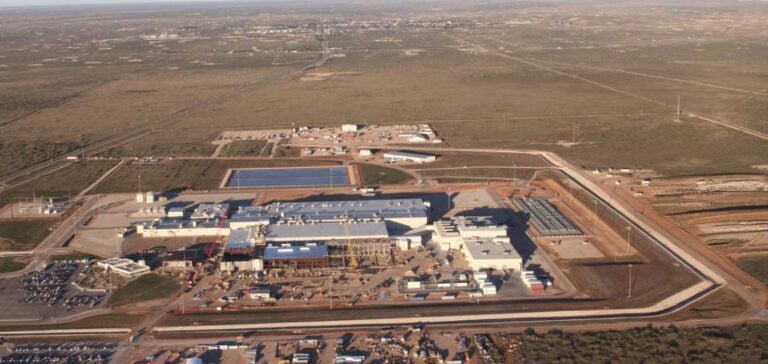The current dynamics of the enriched uranium market are marked by geopolitical tensions and significant regulatory changes.
Russian President Vladimir Putin’s recent statement, calling on his government to consider restrictions on uranium exports, comes against a backdrop where the US is progressively banning the import of Russian enriched uranium from 2028. This raises questions about future uranium supplies and how companies, including Centrus, are adapting to these new realities.
Amir Vexler, CEO of Centrus, pointed out that Putin’s request is not surprising, given the US legislation that has been put in place to ban imports of Russian enriched uranium.
According to Vexler, companies with supply contracts with Tenex, Rosatom’s commercial arm, must apply to the Department of Energy for waivers to continue receiving Russian enriched uranium until the 2028 deadline.
Centrus has already obtained one waiver in July, and is seeking two more, reflecting the importance of these supplies to the company.
Market reactions and diversification of supplies
Putin’s statements and Russia’s invasion of Ukraine have prompted utility organizations to seriously consider diversifying their sources of supply.
Vexler noted that nuclear reactor managers want more competition and diversity in the market.
This desire for diversification is essential to mitigate the risks associated with over-reliance on a single supplier, particularly in an unstable geopolitical climate.
In this context, Centrus recently announced a supply commitment with Korea Hydro & Nuclear Power (KHNP) to support the construction of new uranium enrichment capacity at its Ohio plant.
This commitment, which covers a decade of low-enriched uranium deliveries, illustrates Centrus’ strategy of securing long-term contracts while meeting the growing needs of international markets.
The company has already secured a total of $1.8 billion in conditional sales commitments, underlining its active role in the development of new enrichment capacities.
Investment and market competitiveness
Purchase commitments from utilities, such as KHNP, are the result of discussions that took place over several months.
Vexler said it’s reasonable to assume that many commitments also come from U.S. utilities.
At $1.8 billion, Centrus is in a position to build a significant enrichment facility, which could strengthen its market position.
The company also has a contract with the Department of Energy to produce high-grade low-enriched uranium (HALEU) at its Ohio plant.
This type of uranium, which is enriched to more than 5% but less than 20% U-235, is increasingly sought after by advanced reactor developers.
Centrus plans to increase the capacity of its plant by adding centrifuges for large-scale production of low-enriched uranium and HALEU, subject to securing sufficient financing and purchase agreements.
Challenges and prospects
Despite these commitments, Vexler stressed that Centrus still needs to secure private capital to make a construction decision.
While commitments from utilities and orders from the Department of Energy are important milestones, private financing remains crucial to the realization of these projects.
Competition for federal funds is also intense, with other companies such as Urenco USA and Orano seeking financing for their own enrichment projects.
Centrus stands out for its entirely U.S.-based supply chain, workforce and manufacturing capabilities.
This, combined with locally developed technology, positions the company as a key player in the uranium enrichment sector.
As the market evolves, Centrus’ ability to adapt to regulatory changes and meet growing customer needs will be key to its future success.
Recent developments in the enriched uranium sector underline the importance of a diversified supply strategy and the ability to adapt quickly to geopolitical challenges.
Companies have to navigate in a complex environment, where decisions taken today will have repercussions on tomorrow’s energy supply.






















